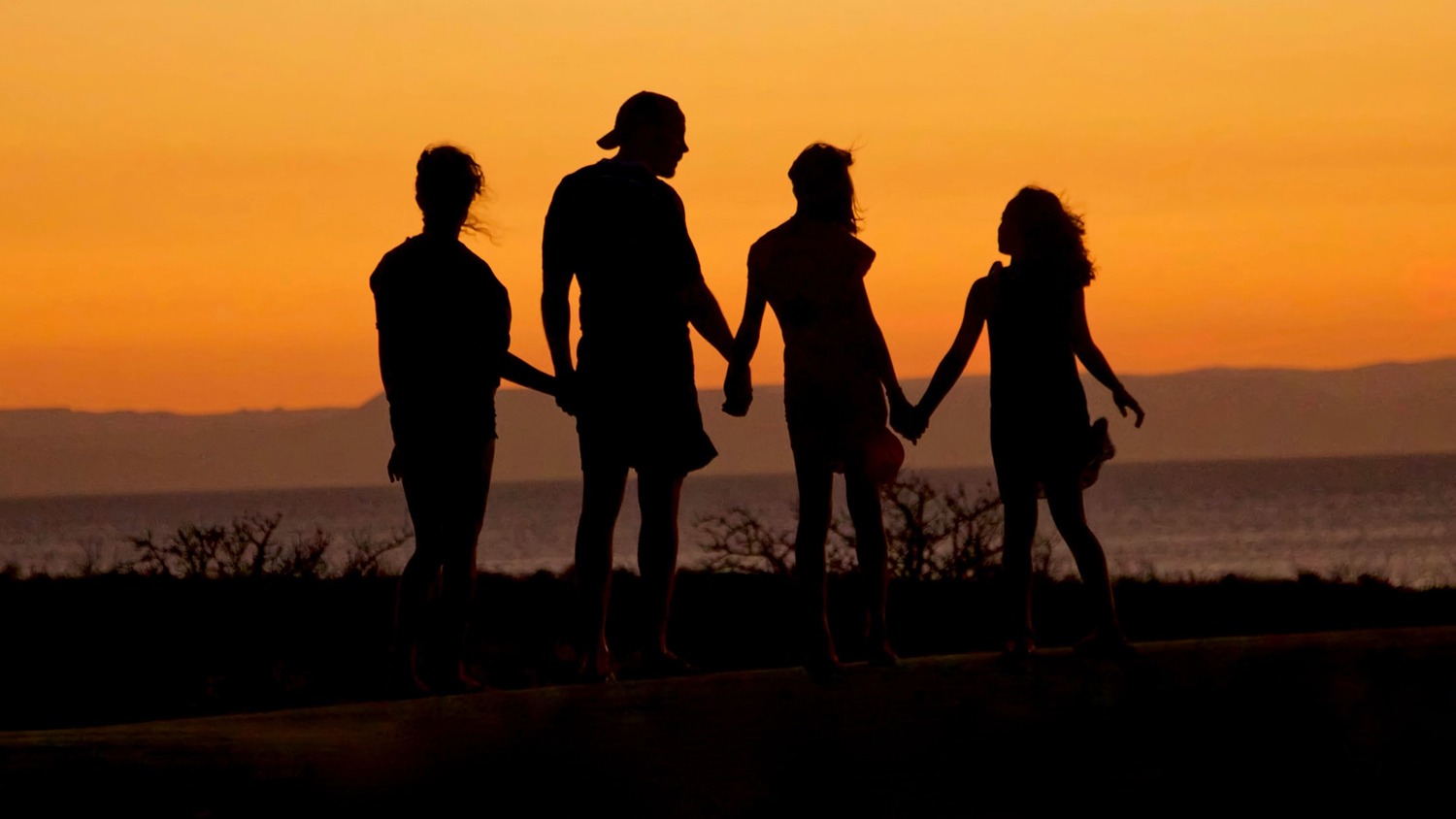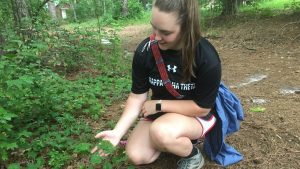Former Global Change Fellow Aspires to Make Environmental Education a Place for All

This semester, the SE CASC Global Change Fellows have worked to create science expert videos that communicate the state of the science of various landscape conservation challenges related to global change in the southeastern United States. Students chose a topic of interest, interviewed an expert in the field, and created an informative video and blog post to share what they learned. The following video and summary were created by SE CASC Global Change Fellow, Kathryn Jewell.
Where are they now? Dr. Danielle Lawson, 2018-2019 Global Change Fellow
Written by: Kathryn Jewell
Interviewee: Dr. Danielle Lawson (2018-2019 Global Change Fellow and Assistant Professor, Penn State University)

Dr. Danielle Lawson serves as an Assistant Professor at Penn State University. But, she is more than just a researcher, she is an educator, proud Latina, mentor and role model. Her work inspired me to venture more into environmental education, and helped to guide me through the Global Change Fellow process. So, when it came to interviewing a scientist about their work, it only made sense to interview her, and find out what she has been up to recently.
Dr. Lawson recently made the move to State College, Pennsylvania, and began to build her own lab group, the Nature Connections lab in the College of Health and Human Development. During her time at North Carolina State, under the direction of Dr. Nils Peterson and Dr. Kathryn Stevenson, she researched how children can influence their parents’ views on climate change through intergenerational learning. This research, published in nature, propelled her new research on how intergenerational learning manifests itself in the rural, agricultural communities of both Pennsylvania and North Carolina. This project is still in its infancy, but will continue to grow and develop in the coming months.
Further, her research is beginning to explore how environmental education can be used as an anti-racist tool. We talked about how education in general, as well as environmental education, have roots based in colonialism, and focuses on the experiences of the white population. We have the ability and power to break down those barriers and make environmental education a place for all, regardless of race, ethnicity, or socioeconomic status. She is also beginning to research how cultural differences have an impact on intergenerational learning dynamics, as different cultures may have differing common family structures and relationships.
Finally, we talked about any advice that Dr. Lawson has for people like me who are inspired by her story and research, and how to make environmental education a career. She talked about how that if there is a specific person that inspires you, reach out to them! Read their publications, talk to them at conferences. A takeaway that I took from her personal story is to be open to change. You may have an idea of what you want to do, but by taking chances and experiencing different opportunities, you’ll find what you are really passionate about.
Takeaways:
- Children have the power and potential to influence the older generations in taking action against climate change.
- Environmental education, while rooted in colonialism, has the potential to be used as an anti-racist tool.
- Be open to changing your mind about your own life trajectory, and reach out to those who inspire you.
Resource List
- Dr. Lawson’s Instagram: @BalancedAcademic
- Dr. Lawson’s YouTube: @The Balanced Academic
- Dr. Lawson’s Lab
- Dr. Lawson’s Google Scholar Page
- Categories: